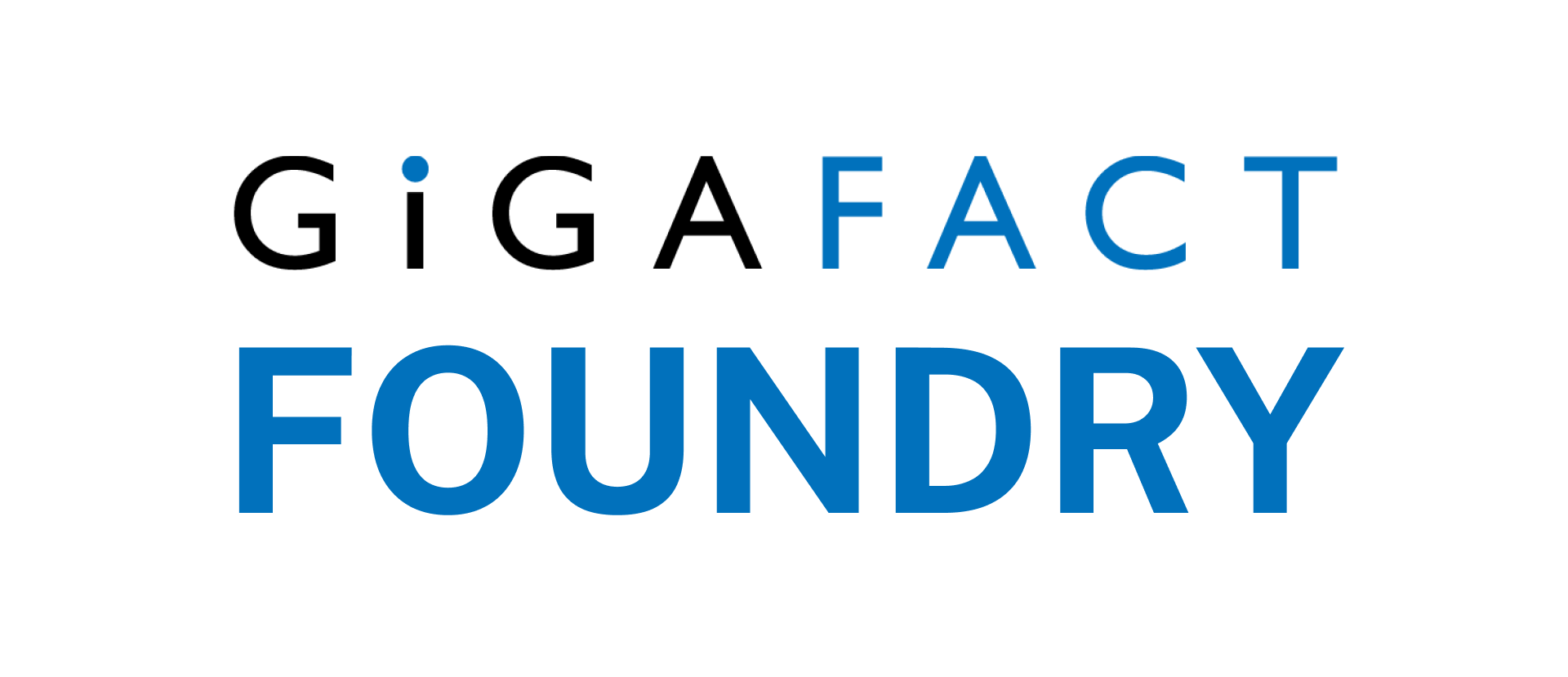Sunday, Aug. 23, 2020
Have trials of free urban public transit proved worthwhile?
Fare-free policies allow transit agencies to cut operating costs associated with collecting fares as well as increase ridership.
Trials in Denver and Trenton, New Jersey, increased ridership by between 25% and 48%, but resulted in overcrowding, less reliable service and driver complaints. Officials concluded that a lowered fare would still increase ridership while lessening side effects.
For large transit systems, fares make up a significant portion of their revenue–for instance, 52% of the Washington Metro's 2017 operating costs. Austin, Texas, conducted a fare-free experiment in 1989-1990. The system faced an increase in disruptive riders and vandalism, which increased security and maintenance costs. Officials said the cost of operating the system was “staggering.”
This fact brief is responsive to conversations such as this one.
Sources
- National Academies Press: Implementation and outcomes of fare-free transit systems
- Penn State: Report on fare-free transit for National Center for Transportation Research
- National Association of City Transportation Officials: Report for Washington State on fare recovery rates
- State of Virginia: Northern Virginia Transportation Commission report on Washington Metro performance
About fact briefs
Fact briefs are bite-sized, well-sourced explanations that offer clear "yes" or "no" answers to questions, confusions, and unsupported claims circulating online. They rely on publicly available data and documents, often from the original source. Fact briefs are written and published by Gigafact contributor publications.
See all fact briefs
Between 2020 and 2022, under close editorial supervision, Gigafact contracted a group of freelance writers and editors to test the concepts for fact briefs and provide inputs to our software development process. We call this effort Gigafact Foundry. Over the course of these two years, Gigafact Foundry writers published over 1500 fact briefs in response to claims they found online. Their important work forms the basis of Gigafact formats and editorial guidelines, and is available to the public on Gigafact.org. Readers should be aware that while there is still a lot of relevant information to be found, not all fact briefs produced by Gigafact Foundry reflect Gigafact's current methods and standards for fact briefs. If you come across any that you feel are out of date and need to be looked at with fresh eyes, don't hesitate to contact us at support@gigafact.org.
Learn MoreLatest Fact Briefs
Is there a scientific consensus that life begins at conception?
Thursday, Aug. 4, 2022
Do countries around the world subsidize fossil fuels?
Wednesday, Aug. 3, 2022
Is the repeal of Roe v. Wade expected to increase the maternal death rate?
Wednesday, Jul. 27, 2022
